
Marin County includes more than a dozen communities, and cities and towns throughout the county have been responding to the high rent costs and the growing housing insecurity over the last few years with rent stabilization programs that control the amount by which rental property owners can raise their rent within (typically) a one-year period. There are also just cause eviction protections in place.
Not all areas of Marin County have tenant protection and rent control ordinances in place, and not all property types will be included in those laws. However, the trend towards stricter rent control laws and deeper tenant protections has spread across the county, and your specific requirements will depend where you happy to be renting out a home and what type of property your rental is.
In 2024, there are laws that affect cities and towns in the unincorporated areas of Marin County, the City of San Rafael, and the Town of Fairfax. All of these regions have enacted protections for their renters. The cities of Novato and San Rafael also have protections for mobile home park tenants. San Anselmo has been talking about stricter rent controls locally, and Larkspur recently passed rent control that would implement stricter limits on rental increases. If you do not reside in one of these areas, you may still have rent control and eviction protection under the statewide California rent control laws, which were at the forefront of The Tenant Protection Act in 2019.
Here’s what landlords and rental property owners need to know about rent control in Marin County.
Unincorporated Marin County
Tenants and landlords should be aware that there are not any local rent control measures in place throughout unincorporated Marin County. However, the Rental Housing Dispute Resolution Ordinance does provide a way for tenants to fight back against a rent increase. Tenants can initiate a mediation to negotiate with their landlord when they receive a rent increase that’s more than 5% in a 12-month period.
Larkspur and Rent Control
There was a bit of drama in Larkspur around rent control.
The City Council voted in the fall of 2023 to cap annual rent increases at 5% plus inflation or 7%, whichever is lower. Citizens opposing the law gathered enough signatures to get this referendum on the ballot, and it was voted on in the March 5, 2024 election. It was close, but the referendum passed. Property owners subject to the ordinance would have to pay an annual fee to fund program costs. Properties built after 1995, single family homes, ADUs and condominiums are exempt.
Tenant Protection Act of 2019
If your specific city or town in Marin County does not have its own rent stabilization ordinance, you will have to follow the state law. As Marin County property managers, we’ve been paying close attention to how this law affects owners and landlords across the state, and specifically in our local communities.
Here’s what you generally need to know when it comes to the statewide rent control law:
- The state rent control law requires that landlords limit their rental increases to once per year or two increments in a 12-month period. Those increases cannot be more than five percent plus the annual cost of living increase that’s set by the Consumer Price Index (CPI).
- Some rental properties are exempt from this law. Your property may be exempt if you’re an individual landlord who owns and rents out one single-family home, a townhouse, or a condo. The age of your property will also come into play. If your property received a Certificate of Occupancy in the last 15 years, you will also be exempt.
- There’s more to this law than rent control. Just cause evictions are required if you want to remove a tenant. Before this law was passed, you had the option of not renewing your lease with your tenants. You could simply provide the appropriate notice and they would move out and you’d get your property back. The big change in the eviction process is that in order to remove your tenants without penalty, you have to have just cause. This means they are not paying their rent, they’re engaging in criminal activity, or they’re not following the terms of your lease agreement. If you want to remove your tenants for another reason but you don’t have just cause, you can still serve them notice, but you’ll have to pay a relocation fee which is the equivalent of one month’s rent.
Understanding How to Raise the Rent
With rent control in place across the state, how do you increase what you charge your residents while still complying with the law? That depends on the CPI. The CPI is a measure of inflation which is established and measured by the Bureau of Labor Statistics.
While rates are measured and reported by the BLS throughout the year, the only statistic that matters is the annualized CPI rate reported for April.
Rent Control and Your Marin County Lease Agreement
 You need to include information on this law in your lease agreement so tenants understand whether rent control applies to them when they rent your property.
You need to include information on this law in your lease agreement so tenants understand whether rent control applies to them when they rent your property.
If you’re included in the rent control law, you’ll want to put something in your lease agreement to reflect that. It’s even more important to adjust your lease agreement if you’re exempt from the law. You want to notify your residents that the property they’re living in does not fall under this new law. This will eliminate confusion and disputes.
This is a general overview of rent control as it pertains to Marin County and the state of California. Let us know where exactly your rental property is located, and we’ll give you a customized explanation of how rent control does or does not impact you where you are.
Please contact us at Bayside Management. We lease, manage, and maintain investment properties in San Mateo and around the Peninsula, including San Carlos, Redwood City, Pacifica, San Bruno, Half Moon Bay, Daly City, Mountain View, Foster City, and Palo Alto.
 Peter Boda
Peter Boda Jeff Hacker
Jeff Hacker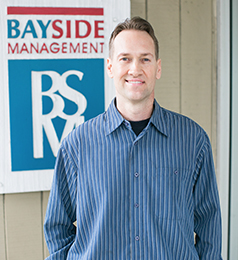 Dylan Motchar
Dylan Motchar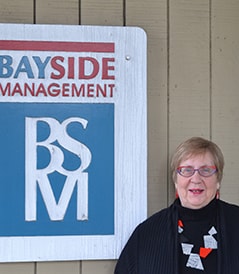 Barbara Boyd
Barbara Boyd Joanelle Russell
Joanelle Russell Mary Wiegmann
Mary Wiegmann Joseph DeNoia
Joseph DeNoia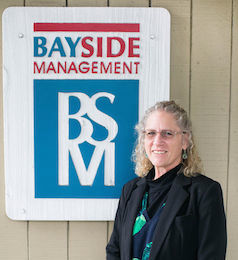 Beth Nagy
Beth Nagy Jasmin Peraza
Jasmin Peraza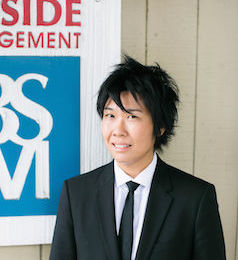 Carmin Wong
Carmin Wong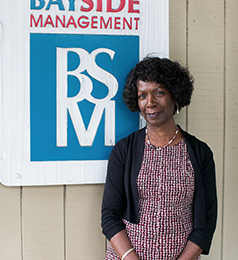 Pauline Smith
Pauline Smith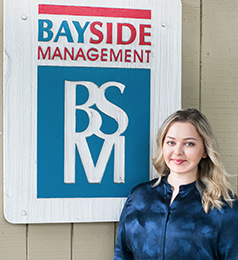 Victoria Taylor
Victoria Taylor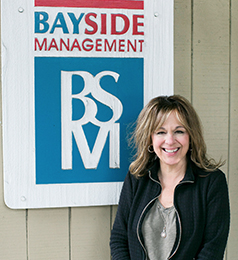 Yvette Perreca
Yvette Perreca Anthony Fregoso
Anthony Fregoso Anthony Thompson
Anthony Thompson Drew Reischl
Drew Reischl Nick Lange
Nick Lange Collette Counter
Collette Counter Justin Barton
Justin Barton